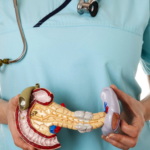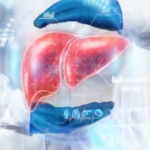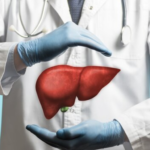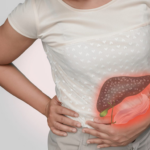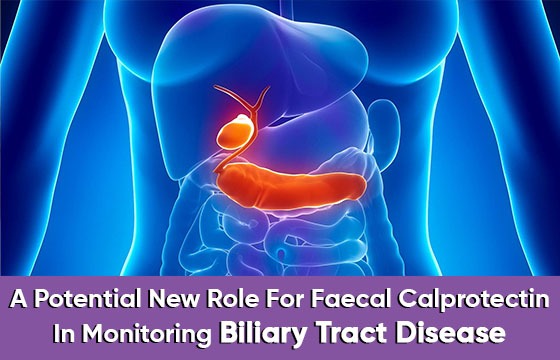
Faecal calprotectin (fCal), which is commonly used as a non-invasive test to both screen for inflammation in people with lower GI symptoms and to quantitatively track disease activity in people with inflammatory bowel disease (IBD), is well known to most gastroenterologists. As a result of neutrophil migration to the gut during inflammation, calprotectin, a member of the S100 protein family present in neutrophils, is released into the intestinal lumen. Levels 1 show a strong correlation with endoscopic colitis macroscopic results. 2 The usage of fCal has been notably helpful during the Covid-19 pandemic when it was frequently preferred to follow patients remotely than in-person for a regular endoscopy to reduce hospital visits.
The authors of a study from two London centers conducted a two-part prospective analysis in which they recruited IBD patients with and without primary sclerosing cholangitis (PSC) who were having routine surveillance colonoscopies and collected a fCal sample at the same time. In order to assess calprotectin in matched feces and biliary samples, another cohort of PSC and non-PSC patients undergoing endoscopic retrograde cholangiopancreatography (ERCP) were recruited. Both patients with cirrhosis larger than Child-Pugh B and those with a history of gut inflammation were excluded from the non-PSC group. Prior to further instrumentation but following common bile duct cannulation, biliary brushings and aspirates were performed to make sure iatrogenic inflammation was not a confounding issue.
The study included 20 individuals with ulcerative colitis (UC) and 20 patients with PSC-IBD. The PSC-IBD group showed a lesser link between fCal and endoscopic activity levels; patients with quiescent colitis had higher fCal values than UC patients with equal disease activity. In the UC group, there was a significant correlation between fCal and endoscopic activity scores. Additionally, PSC-IBD patients were shown to have higher levels of cholestatic liver enzymes; yet, during the 12-month trial follow-up, none of these participants experienced a flare-up of colitis. In the PSC-IBD patients who provided paired samples, biliary calprotectin (bCal) and fCal were found to be positively correlated.
The researchers draw the following conclusions: (1) fCal levels may reflect underlying biliary inflammation in addition to colonic inflammation; and (2) hepatic involvement should be investigated in IBD patients who have chronically elevated fCal levels but no signs of active intestinal inflammation. In individuals with well-controlled colitis, fCal may also prove to be a helpful non-invasive marker of PSC development; however, larger studies are required to establish clinical cutoffs. In the end, much like with IBD, fCal is probably only going to be a small part of the picture when it comes to monitoring biliary illness, along with liver tests, imaging, and patient symptoms.
